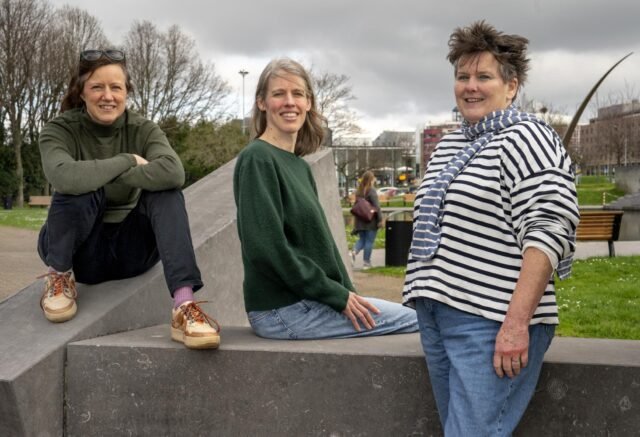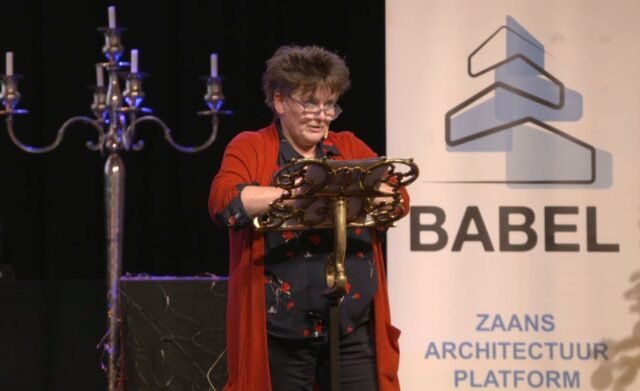1999-2004
Funding: Netherlands Organisation for Scientific Research (NWO) Co-applicant.
A major shift is taking place in healthcare, with clinical, complaints-bound medicine gradually giving way to risk-oriented ‘predictive’ medicine. This shift affects social values and relations between individuals, confronts people with new life choices and responsibilities, and redistributes the roles and responsibilities of individuals, governments and professional bodies with regard to both public and personal health.
Predictive medicine not only changes people’s involvement in the healthcare system, but also affects other core institutions such as work and family life. This project explored the consequences of predictive medicine for social cohesion, participation and citizenship from both a sociological and a philosophical perspective.
We introduced a framework that integrates the biological and social aspects of social cohesion, which are usually treated separately. Based on this framework, we analysed the development of health risk culture in the Netherlands and discussed normative and political problems emerging in clinical genetics, occupational healthcare, insurance medicine and primary healthcare. Further, we explored institutional arrangements that may prevent the erosion of ‘decent’ society in the era of predictive medicine.
Research team: Gerard de Vries, Klasien Horstman, Marianne Boenink (post doc), Ruth Benschop (post doc)









